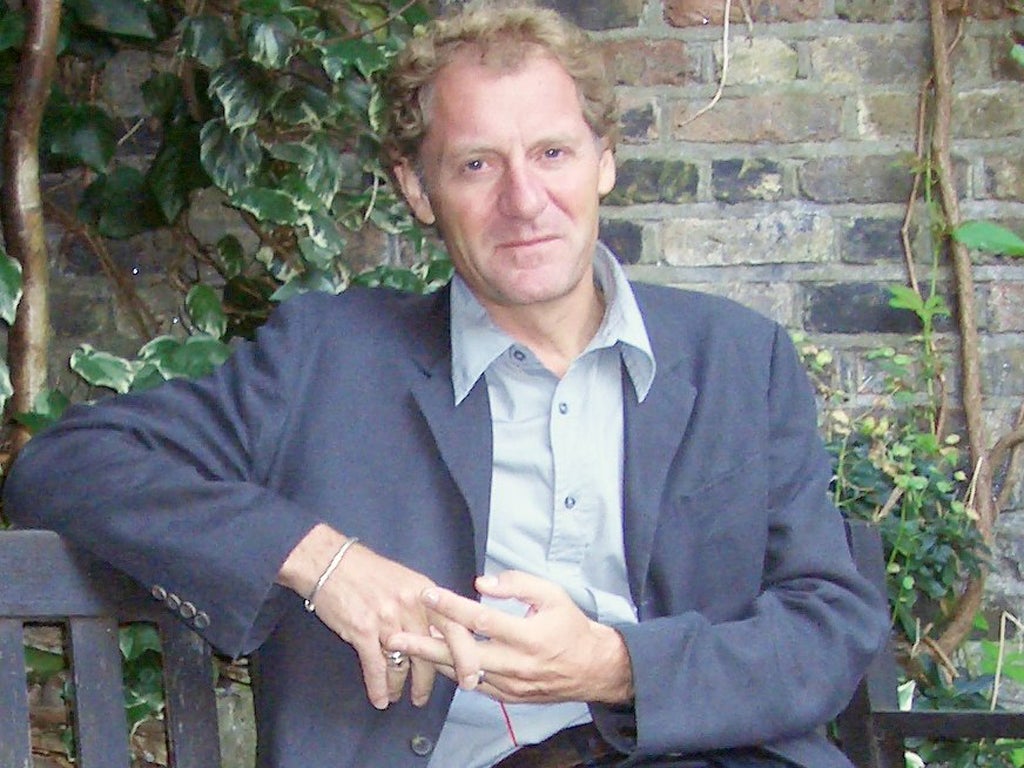How should I arrange you? Let me count the ways
Suzi Feay enjoys the new anthologies published in time for National Poetry Day, but wonders if there isn't a better way to order them

Poetry anthologies are the easiest way for non-specialists to encounter unfamiliar work.
Yet there's no point just piling up poems; context is crucial. Five major anthologies have been published in time for National Poetry Day on Thursday, and three of them present poems in what seems to me the least helpful way: alphabetically. Patience Agbabi will always be near the front and Hugo Williams towards the end, and none of the poems will "speak" to one another.
Poems of the Decade (Forward, £8.99), chosen by William Sieghart from the past 10 annual Forward Prize anthologies, has the extra burden of representing an era. In the case of Simon Armitage, expecting one poem, "Chainsaw Versus the Pampas Grass", to sum up a decade's varied work is hopeless.
So this is an exercise in breadth rather than depth, but Sieghart's mission has always been to foster an awareness of the range of good poetry which is being written in the British Isles. This the collection does brilliantly, though curious readers will need to dig out individual collections if they wish to investigate further.
This year's edition of The Forward Book of Poetry (£8.99) is put together by Andrew Motion and his judging panel for this year's Best Poem and Best Collection prizes. It begins with John Burnside's superb poem "On the Fairytale Ending", and includes work from Jo Shapcott, Geoffrey Hill, Wendy Cope and Eavan Boland. John Whale's moving "Lines on the death of Mary Wollstonecraft", Alan Jenkins's "Southern Rail (The Four Students)" and Craig Raine's tiny, touching "For Pat Kavanagh" all show that poetry faces death and loss graciously. A solid collection.
The Best British Poetry 2011, edited by Roddy Lumsden (Salt Publishing, £9.99) also runs alphabetically, with one poem from each poet. Lumsden has trawled the magazines, and each poem appears with a note of where it was first published. It will help poets to gauge where best to send their own work. Intriguingly, there are no poems reprinted from the Times Literary Supplement. ("None of them caught my eye.")
Do I detect a feud?
Where Sieghart favours crisp clarity and careful diction, Lumsden seems attracted to dazzling images, puzzles, and occasional obscurity. There are some gloriously riddling poems here, such as Richard Osmond's "Logo": "I/ St Edmund's bloodshot bell-clap, Jack/ o'the clock, Jack smite-the-clock, Southwold/ Jack, tell the hours in axe-song."
The long notes on the individual poets are informative: Osmond reveals that his homage to Southwold's church clock was originally intended as an overture to a longer work on Suffolk history: "I drunkenly planned [that] each poem's style and themes would be modelled after a different beer produced by Adnams ...." Yes please!
The companion volume, The Salt Book of Younger Poets (£10.99), also edited by Lumsden, together with Eloise Stonborough, is alphabetical too: Rachael Allen to Sophie Yeo. Fifty poets, age 26 or younger, present three to five poems apiece. There's strong work from Jay Bernard, Richard Osmond (again), Dai George and Helen Mort, and Phil Brown's lovely "South Bank" deserves to be cemented on to the Royal Festival Hall.
I could have done without Stonborough's churlish introductory remarks about poetry's "reputation as the purview of the middle-aged and middle-class" and the "homogenous mainstream dominated by the ageing figures of the old guard".
The 20th Century in Poetry, compiled by Michael Hulse and Simon Rae (Ebury, £25) ranges its 400-plus poems in a year-by-year selection from 1900 (Thomas Hardy's "The Darkling Thrush") to 2000 (Christopher Reid, Kit Wright and others). This will not be read straight through but browsed, whether you look up what was happening in your own birth year or roam at random.
Two lovely poems I pulled out straightaway were Frances Cornford's "Autumn Morning at Cambridge" (1902), capturing the golden, pre-First World War lull, and James Elroy Flecker's poignant "The Ballad of Camden Town" (1910). I was also pleased to see an extract from the Canadian poet E J Pratt's long poem "The Titanic". The whole thing would make a great radio play for the anniversary.
Because the aim has been "to allow the poems to tell the story of the century", they have been grouped not in order of writing but temporal theme. This means, for example, that the American Linda Bierds (born 1945) appears next to W B Yeats in the 1910 section, and Les Murray appears beside Kipling. Sometimes it works; sometimes it's jarring.
There has also clearly been a temptation to include weak poems to fill in a historical moment, such as Noel Coward's feeble lines on Queen Victoria's death in 1901 or Wilfred Wilson Gibson's thumpetty-thump ballad "Flannan Isle", on the mysterious disappearance of three lighthouse keepers from the Outer Hebrides island in 1900. But these are only quibbles. This book revitalises verse and history.
To order any of these books at a reduced price, including free UK p&p, call Independent Books Direct on 0843 0600 030 or visit independentbooksdirect.co.uk
Join our commenting forum
Join thought-provoking conversations, follow other Independent readers and see their replies
Comments
Bookmark popover
Removed from bookmarks